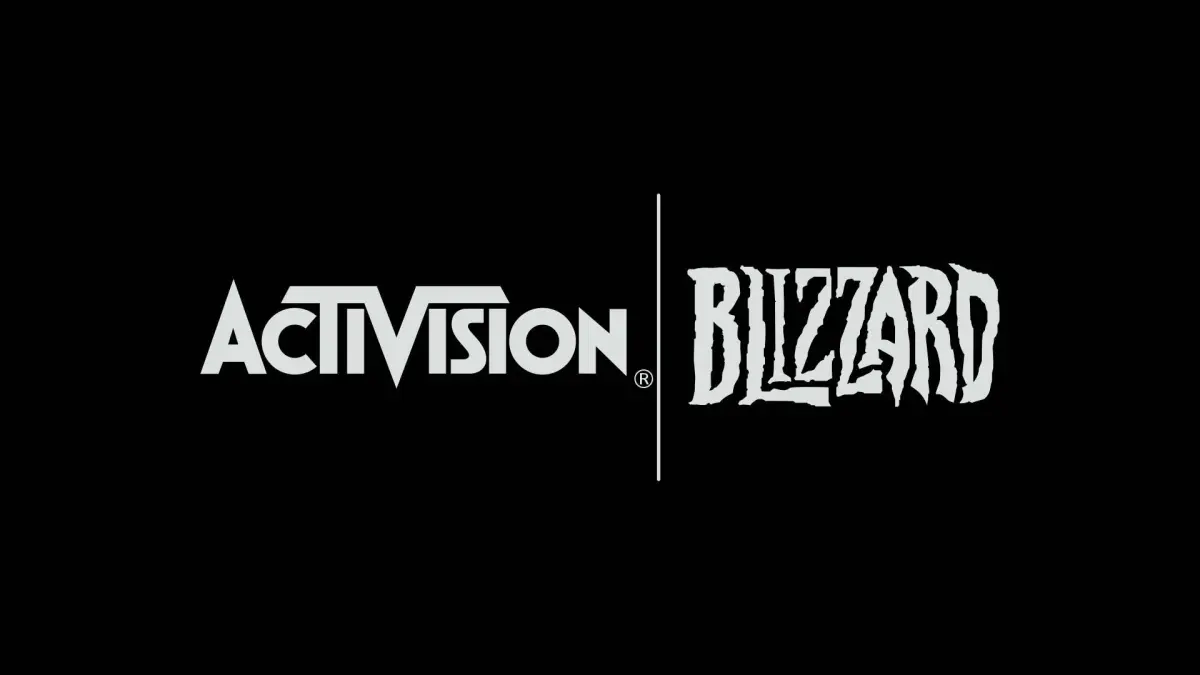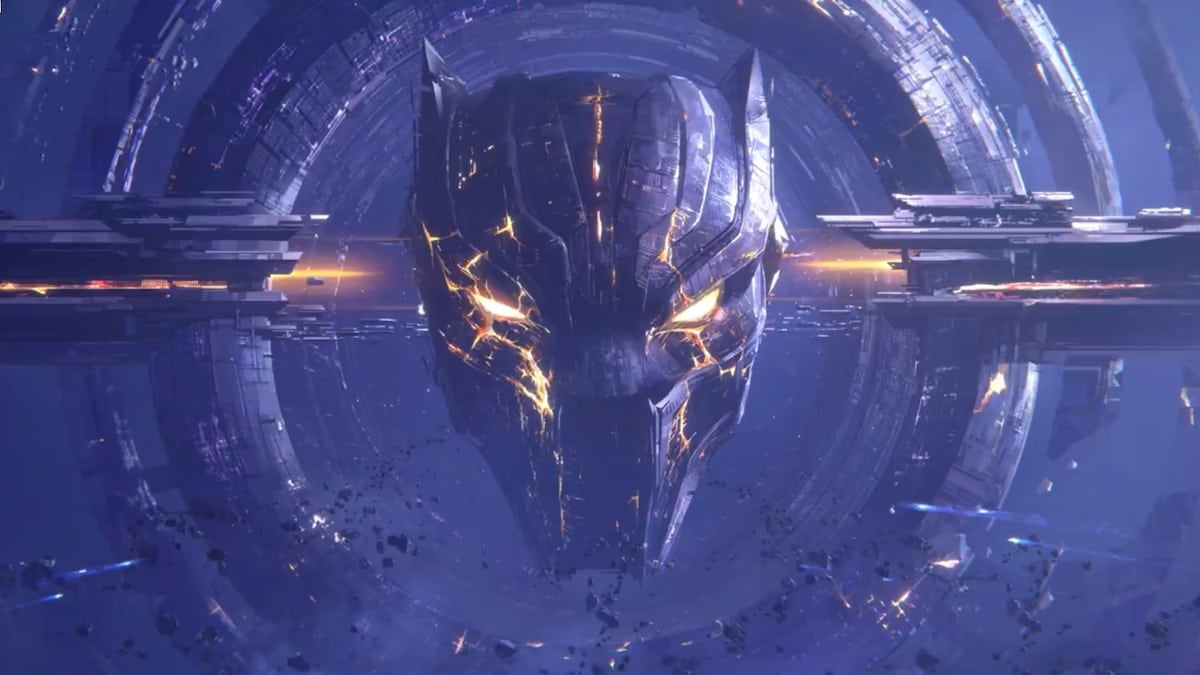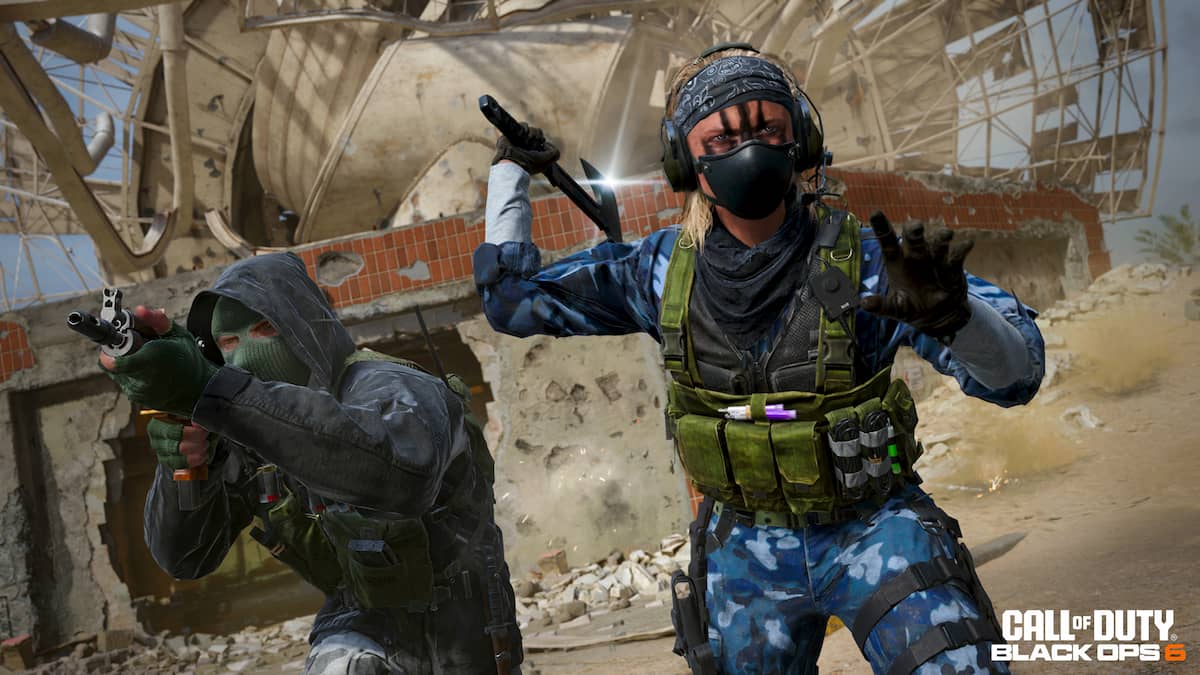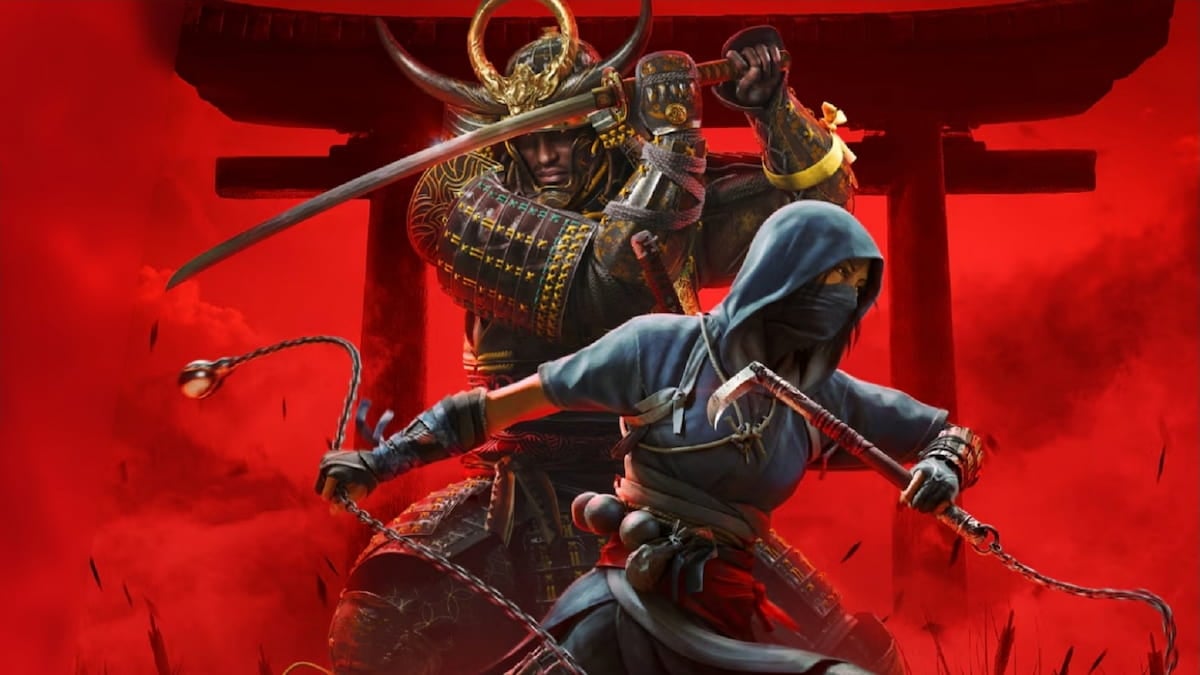Before Microsoft can officially purchase Activision Blizzard, it must be clear of any antitrust laws. And many analysts believe that at this point, there shouldn’t be an issue with the deal going through in regard to antitrust laws.
Daniel Ahmad, an analyst at Niko Partners, provided a lot of context about the deal on Twitter, including what Microsoft offers in terms of gaming to its customers, what Activision Blizzard brings to it, and what kind of competition the company will be looking at after the purchase goes through.
Ahmad said this is the “largest acquisition in the games industry to date.” He also notes that in terms of competitors and worries of monopoly, it’s “more than just competing with Sony/Nintendo. It’s about competing across all segments of the games industry.”
Managing partner at a San Francisco-based media and tech law firm David Hoppe explained to IGN that this kind of acquisition is called “vertical integration.” Because Xbox is a console manufacturer and Activision Blizzard is a game developer, it creates a dynamic within the deal that the U.S. courts “have historically been unwilling to apply restrictive antitrust principles to.”
While the courts have historically called this kind of deal a vertical integration, it’s possible that they could classify it as a horizontal integration, which would then subject the deal to a deeper look into whether it breaks antitrust laws. Horizontal integration, according to investopedia.com, is “a business strategy where one company takes over another that operates at the same level in an industry.”
Basically, horizontal integration aims to acquire a similar company in the same industry, while vertical integration acquires a company operating in the production process of the same industry. This distinction will be important when looking at the deal in regard to antitrust laws. On the issue, Hoppe said “it is difficult to apply legal competition principles when the ‘products’ are creative works like video games, each one of which is arguably unique and therefore not in direct competition.”
Whether the deal brushes shoulders with the illegal side of antitrust laws will be up to the courts, but Hoppe said a deal of this magnitude could be bad for the gaming industry. While the Activision Blizzard executives will score big, the employees will benefit the least. “[The ones who benefit most are] likely to be Activision executives, who benefit from a major diversion of attention from a huge, potentially existential crisis, and undoubtedly have the assurance of rich exit packages at the appropriate time,” Hoppe said.
The news is fresh in everyone’s minds since the deal was announced yesterday, but the deal itself likely won’t close until mid-2023. As the companies get closer to closing, various governing agencies will evaluate and determine whether the deal can go through.






Published: Jan 19, 2022 11:44 am